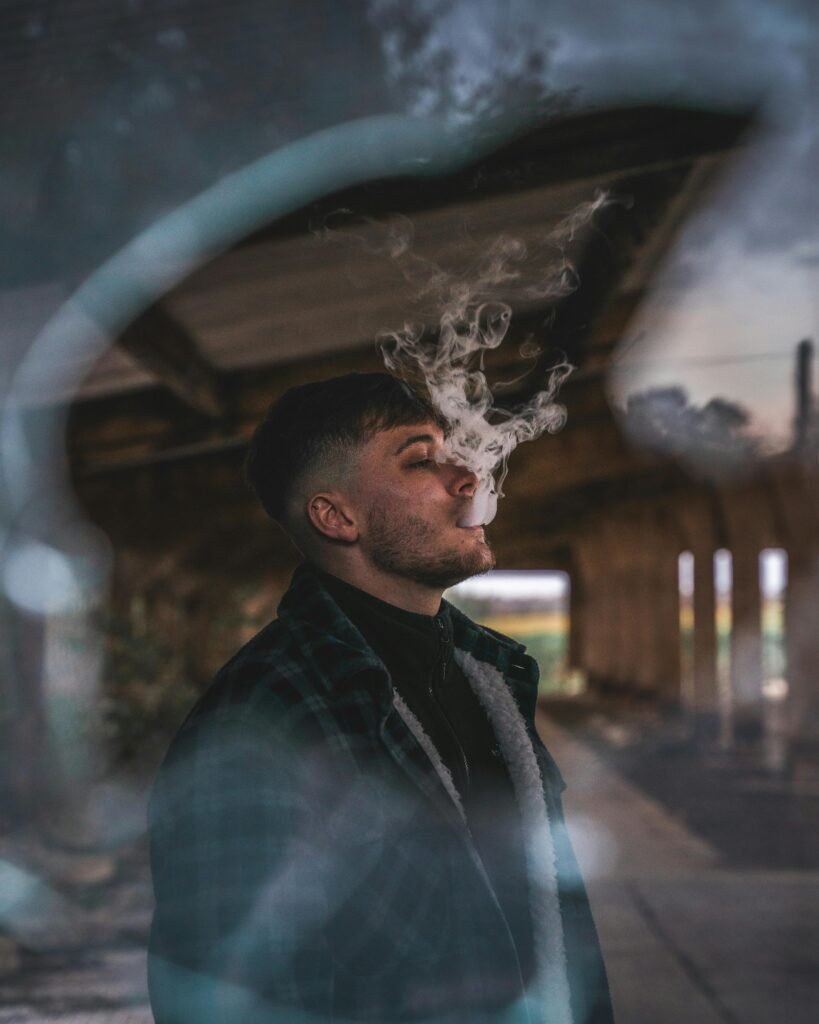Know Which Flowers Are Used For Making Skin Care Products
In the world of skincare products, there are a variety of flowers that can be used to make treats for the delicate skin on your face and body. Some of these flowers may surprise you and others you may be more familiar with. Here is a list of some of the most common flowers used to make skin care products:
Rose
What could be more romantic than receiving a love-filled rose from your significant other? They are the most preferred gifting flowers for centuries, even today people send flowers to Delhi and other cities of India to greet their loved ones with roses. And what could be more special than using roses to make your own skincare products? Roses are one of the most popular ingredients used in skin care products because they are known for their rich, sweet smell and gentle properties. Here are some of the best ways to use roses in your beauty routine:
- Make a rosewater facial mist. Add 3-4 drops of rosewater to 8 ounces of water and spray onto the face. Refresh throughout the day with additional misting.
- Add rose petals to your bathtub soak. Add 2 cups of Epsom salts and 20 fresh rose petals to the tub before filling it with hot water. Soak for 30 minutes, then enjoy a relaxing bath!
Jasmine
Jasmine flower oil is a favorite of many skincare brands because it has a long history of being used to treat various skin problems. Jasmine oil is classified as a type of botanical oil, which means it is made up of lipids and other molecules that are similar to those in human skin. This makes jasmine oil an excellent choice for skin care products because it can help improve the appearance and texture of the skin. In addition, jasmine oil has been shown to be effective at fighting acne and other skin problems. You can give it a try on making jasmine oil at home. You can get everything that you need to get started online, and you can get flower delivery in Vadodara at home from different online platforms.
Lavender
Lavender is a popular key ingredient in skin care products because of its purported ability to improve skin health. Lavender oil can help treat a variety of skin conditions, including acne and psoriasis. Additionally, lavender oil has anti-inflammatory properties, which can soothe irritated skin.
Chamomile
Chamomile (Matricaria chamomilla) is a flowering plant in the Asteraceae family. Chamomile has been used in skin care products for centuries to treat various skin problems. Chamomile tea can be used as a facial wash or as a moisturizer. Chamomile extract is also used in cosmetics and hair products.
Calendula
Calendula is a medicinal plant that has been used in skin care products for centuries. Today, it is still one of the most popular ingredients used in skin care products. There are many benefits to using calendula oil in your skincare routine. It can help reduce the appearance of age spots and blemishes and help improve the overall complexion. Additionally, calendula oil can soothe and protect the skin from irritation and inflammation. Overall, calendula oil is a great addition to any skincare regimen!
Geranium
Geranium is a genus of about 60-70 species of flowering plants in the family Geraniaceae. The plants are native to Europe, Asia, and North America, but have naturalized in many other parts of the world. The leaves are simple, lance-shaped, and range from green to grey-green in color. The flowers are usually blue or purple and may be single or in clusters. The fruit is composed of numerous small black seeds, which are encapsulated in a capsule.
Geranium is used in skin care products for its antioxidant properties and anti-inflammatory effects. It has been shown to help improve skin elasticity and tone, reduce the appearance of wrinkles and age spots, and improve skin clarity.
Ylang-ylang
The key constituents of ylang-ylang are bergamot oil, lemon oil, and lavender oil. These essential oils have a long history of being used in skin care products to improve the appearance and condition of the skin.
In particular, ylang-ylang is thought to be beneficial for treating signs of aging such as wrinkles and age spots. It also has antibacterial properties which make it a good choice for treating acne. Some users also find that it helps them relax and sleep better.
Due to its strong scent, ylang-ylang is not typically used in products that are meant to be sprayed on the skin. Instead, it is most commonly found in lotions, creams, and balms.


